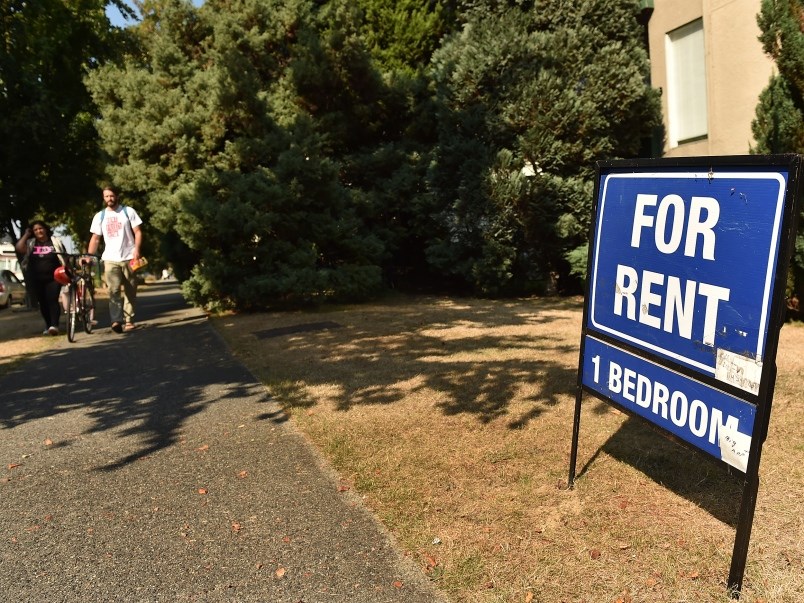B.C. consumers got a small bit of relief last month as inflation cooled to 2.3 per cent, according to Tuesday data from Statistics Canada. That’s down slightly from the 2.4 per cent registered in October.
But consumer prices continue to rise at a higher rate on the West Coast than nationally. The country’s overall inflation rate came in at 1.9 per cent in November compared with two per cent a month earlier.
Shelter costs increased at a slower annual pace of 4.6 per cent, while rent price inflation accelerated to 7.7 per cent.
Grocery prices continued to grow faster than overall prices, rising 2.6 per cent from a year ago.
"Inflation decelerated slightly in November, ahead of what will be a volatile period for CPI [Consumer Price Index] readings thanks to the temporary reduction in GST on certain items," said CIBC senior economist Andrew Grantham in a note to clients. The federal government announced last month it would waive the five per cent sales tax on some products between Dec. 14 and Feb. 15.
Meanwhile, he said the impact of the Taylor Swift concerts on inflation was weaker than expected.
"While there was a pop in hotel prices, there was no noticeable change in airline fares, restaurant prices or other areas," Grantham said.
Inflation has hovered around the Bank of Canada's two per cent target for several months now, clearing the path for the bank to lower interest rates.
While inflation cooled in B.C. overall, the province’s two most populated region’s saw consumer prices tick upward.
Inflation in Vancouver hit 2.3 per cent in November compared with 2.2 per cent in October. Inflation in Victoria hit 2.1 per cent in November compared with two per cent in October.
—With files from the Canadian Press




